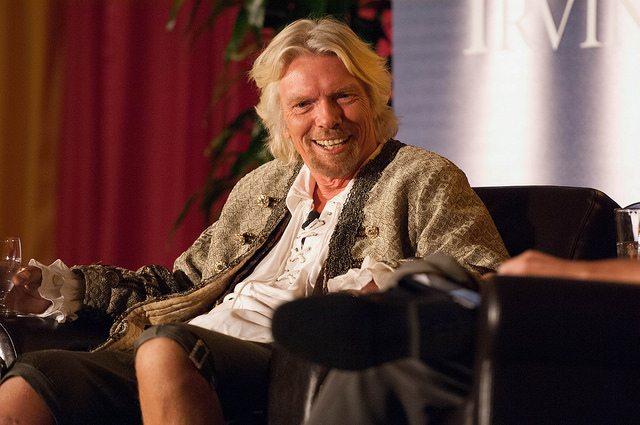
Get More Done

Productivity is a critical element to success. Since the hours we have each day are finite, we must continually find ways to get more done within the time we have.
Begin each day with a clear mind. Nobody wants to start the day stressed out.
When we have a lot on our minds it can be difficult not to experience stress upon waking. That stress can stifle creativity by putting you in a state of fear. There are also countless health related issues that can result through the suffering of daily stress. Find ways to mitigate that stress. Start by getting things out of your mind and down on paper. If you’re trying to keep all the things you have to do in your brain it can become stressful. If you write them down you relieve the pressure of having to remember them. You now have a clear picture of what you need to do and an order in which to do them. Now those tasks can wait until you get to the office and you can use your waking time to concentrate on clearing your mind.
Take 10 minutes, sit quietly and focus on your breathing. If things enter your mind, acknowledge them, then focus on your breath. It can be helpful to count your breaths as that can keep your mind from wandering. Guided meditations are also great for clearing your mind. There is a progressive relaxation exercise called Yoga Nidra that can be very helpful. You can find many Yoga Nidra exercises and guided meditations in audio form on an app called Insights Timer.
Align your tasks to your energy level. Five days a week I do a Podcast called “The 90 Second Navigator.” I typically record them very early in the morning. I have found that if I try to do them late in the day, it takes me longer. I’m just not as sharp. I make more mistakes and the flow is never as good. I am much more prolific earlier in the day. When I create content for the sessions I run at work, I get twice as much done when I start in the morning. For this reason I schedule my creative tasks early, and I work on the less creative things later in the day. When are you most productive? Savor that time and be sure your tasks are aligned with your energy level.
What do Richard Branson, Jeff Immelt (CEO of GE), Tim Cook (CEO of Apple), and Howard Schultz (CEO of Starbucks) have in common? Aside from being incredibly successful and at the top of their game, they all get up well before 6am. Their first hour is dedicated to exercise. Once they finish working out, their workday begins. Getting up one hour earlier each day adds 15 days worth of time to your year. You also put yourself in a position where your day starts earlier than everyone else’s. By the time others arrive you are already into your day and have hit your stride. If you are sleeping past six o’clock perhaps it’s time to re-evaluate your schedule.
Plan your day in advance—The worst thing you can do is come to work with no plan or method of prioritization for the things you need to accomplish. Without a plan you are letting the day control you. You will inevitably gravitate to the most urgent tasks that present themselves. Urgent doesn’t necessarily equate to important. The colleague that shows up at your desk to talk: Since he’s there, it is urgent, however, if he is talking to you about office politics, it’s probably not that important. Once you have your tasks listed in the order of importance, it’s time to get focused. Close your door, put your head down, and begin your first task. Avoid interruptions until your task is completed. Once completed you can review your emails, return calls, have discussions with coworkers, or take a few minutes for yourself. Next, tackle the second item on your list and apply the same discipline. The end game is for you to create and prioritize your task list so that you control your day.
Understand the value of your time. If you are in a position to be able to delegate tasks to others you need to get clear about what your time is actually worth. Do the math on your annual income divided by the number of hours you work. Review your daily tasks to determine which justify your time. Look for alignment in the tasks that drive the greatest amount of revenue and those at which you most excel or enjoy. Spend your time on these tasks and start to delegate the non or low revenue generating activities. Not only will you become more productive, you will enjoy your work more because you will spend the majority of your time doing things you like.
We all want to get more done. Given the fact that time is a finite resource, it’s important to continue to focus on the highest and best use of the time you have available. In the end, the more productive you become, the more successful you will be.





